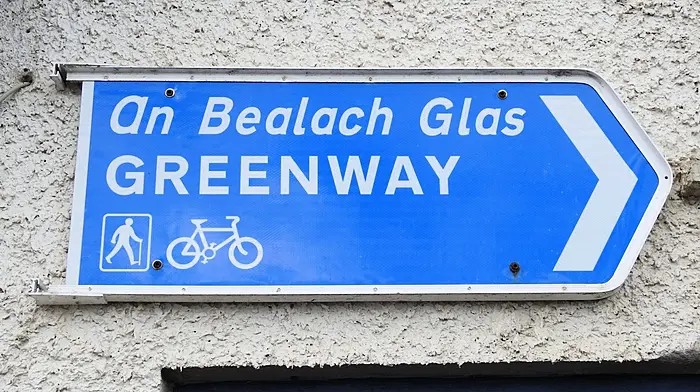Southern Star February 21 2015
WHILE the Irish government’s infamous blanket bank guarantee in September 2008 was the straw that broke the camel’s back, it is becoming increasingly clear that a lot more could have been done by way of damage limitation in the five years leading up to it by those who should have known better. This was admitted in evidence given by Prof John Fitzgerald, the well-known former economist with the Economic and Social Research Institute (ESRI), to the Oireachtas banking inquiry last week.
While it’s often easy to be wise after an event, his frank and honest assessment was a breath of fresh air and he pulled no punches regarding the failures of the regulatory authorities and advisory groups, such as his own ERSI, whose mistakes he admitted to and apologised for. The son of the late former Taoiseach, Dr Garrett Fitzgerald, also went as far as saying that the Financial Regulator and the Central Bank ‘were asleep on the job’!
It was well-known that ‘light touch’ regulation effectively allowed the banks carte blanche to do what they wanted to, which amounted to reckless lending that inflated a property bubble that was inevitably going to burst. As far back as 2003, the surge in house prices was already becoming unsustainable and the 100%-plus loans the greedily-competing banks were giving out were setting up an almighty crash whose inevitability they seemed to be in denial about.
The fact that, at that stage, far more houses were being built than were needed should have had supposedly-independent advisory bodies like the ESRI sounding the alarm bells loudly. Instead, they seemed reluctant and unwilling to contradict the upbeat spin being put on the economy by politicians to suit their own electoral ends.
Economists who had put their heads above the parapet warning about the big crash we were racing towards – such as Prof Morgan Kelly of UCD – were contemptuously dismissed out of hand by politicians who should have known better. Then Taoiseach Bertie Ahern, disgracefully, declared that he failed to understand why commentators sniping from the sidelines with such gloomy forecasts did not commit suicide.
While Ahern subsequently apologised for the remark, he did not modify his naïve optimism about the way the economy was going after winning a record third consecutive general election in 2007. All he was prepared to concede was that, rather than a big crash, the economy would have a ‘soft landing’ and, yet again, the regulatory authorities and advisory groups failed to question or contradict this in public, even tough senior executives within the banking sector were already worried about their self-inflicted exposure to unsustainable debt.
Prof Fitzgerald revealed in the evidence he gave last week to the Oireachtas banking inquiry that the ESRI had been approached as early as 2005, at the height of the Celtic Tiger boom, by concerned bankers about the banks’ ability to withstand robust stress tests. They had passed Central Bank stress tests, but they and others in the know felt that these stress tests may have set the bar, perhaps deliberately, too low in order to give the impression that our banks were sound.
Then, of course, Taoiseach Bertie Ahern shuffled off just as the economic crash was about to happen in 2008 and handed over the poisoned chalice to the hapless Brian Cowen, who in his latter months as Minister for Finance prior to that had begun rowing back on government policies that had been accelerating the country towards the economic crash. Unfortunately, this proved too little too late and Cowen and his successor in Finance, the since-deceased Brian Lenihan, were left to deal with the wreckage.
They were the main players the night the bankers persuaded the government to give the blanket guarantee, which Irish taxpayers have been – and will be – paying for for many years. It will be interesting to hear Brian Cowen’s testimony to the banking inquiry about that fateful night, but its probing of what happened in the years leading up to it is both interesting and informative and, hopefully, will lead to a set of guidelines being drawn up to try to prevent the same avoidable mistakes being repeated in the future.
A more robust financial regulatory regime has already been put in place with the help of outside experts in the field and the European Central Bank is involved in oversight to keep the fiscal discipline the euro currency needs to survive and hold its own against the other major world currencies. Bank stress tests have also become a lot tougher and, crucially, more transparent.
However, there is still a lot of work to be done to keep our financial recovery – which is only in its early stages – on track, as it could easily be derailed by unexpected external shocks. And, we need advisory groups such as the ESRI to re-assert their independence and not be afraid to speak out candidly when the need arises.









